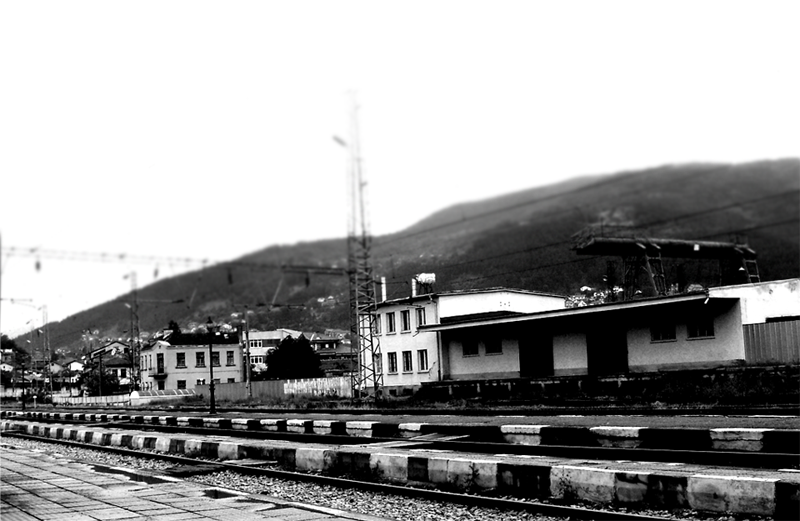Language and Talking in Bulgaria
The official language here is Bulgarian and we use the Cyrillic alphabet. The alphabet isn't as hard to learn as Chinese or Georgian for example so it's a good idea to learn it if you are going to stay in the country longer than few days. The language however is pretty hard and learning it just for a single visit doesn't make sense and is not required.
Signs and Signboards
If not learning, at least printing the Cyrillic alphabet is recommended because there are many signs that are not duplicated in Latin letters. For example street names, the bus stop names, names of buildings, timetables and so on are usually only in Cyrillic (there are few exceptions in Sofia, some big cities and resorts). The signs are available in English language and letters at the Airport, at the rail station - only for the international trains and buses, and in the metro stations.
Some signboards, for example in trains, are available in French, German and Russian, but not English. If you are going to travel within the country by train or bus, don't expect the city names to be written in Latin letters (if they are written at all). Always ask someone to make sure you are boarding the right train or bus.
Talking English
In the recent years English became fairly popular especially among young people. Most of them will be able to understand and talk to some decent level. The situation is better in Sofia and the big cities and worse in the smaller towns and villages. If you end up in a village with mostly old people don't expect to find anyone who talks any English at all (but you can try your luck of course).
Sellers at big stores, waiters in good restaurants and any service staff in touristic places will talk decent to good English. If you are in a city neighborhood and want to drink tea in a small local cafe people might not understand you, but they will usually find someone who will help.
Don't expect menus or other price lists in English however unless you are in touristic place or at the city center.
You will usually be able to use English when buying international tickets for bus, plane or train and not so much if you are buying thickets for local transportation in the country.
Talking Other Languages
Some level of Russian is spoken by most people above 20. Even those who can't speak it well will probably understand some of what you say because the language is somewhat similar to Bulgarian.
Parts of people, especially the older generation might be speaking German or French. If you are in trouble with English and speak no Russian, these two are your next chances.
A decent number of people will speak or at least understand some Turkish, Greek, Serbian or Romanian. If you talk Serbian everyone will be able to communicate with you to some level.
The Bulgarian Language
If you proudly talk only Zulu, Swahili or Urdu, don't expect to find anyone understanding what you say. In such case better communicate with gestures or try to use these most common Bulgarian words:
- edno - one
- dve - two
- tri - three
- pet - five
- deset - ten
- sto - hundred
- zdravei - hi
- kolko - how much
- kade - where
- pomosht - help
- hrana - food
- voda - water
- pari - money
You can find a more detailed list here, some audio is included too.
Bulgarians often use the merci for thank you and ciao for good bye (but not for "hi"), so these also work.
Finally, the Lonely Planet Phrasebook
is just $9 so it's a good idea to buy it now and have it with you when you come here.


